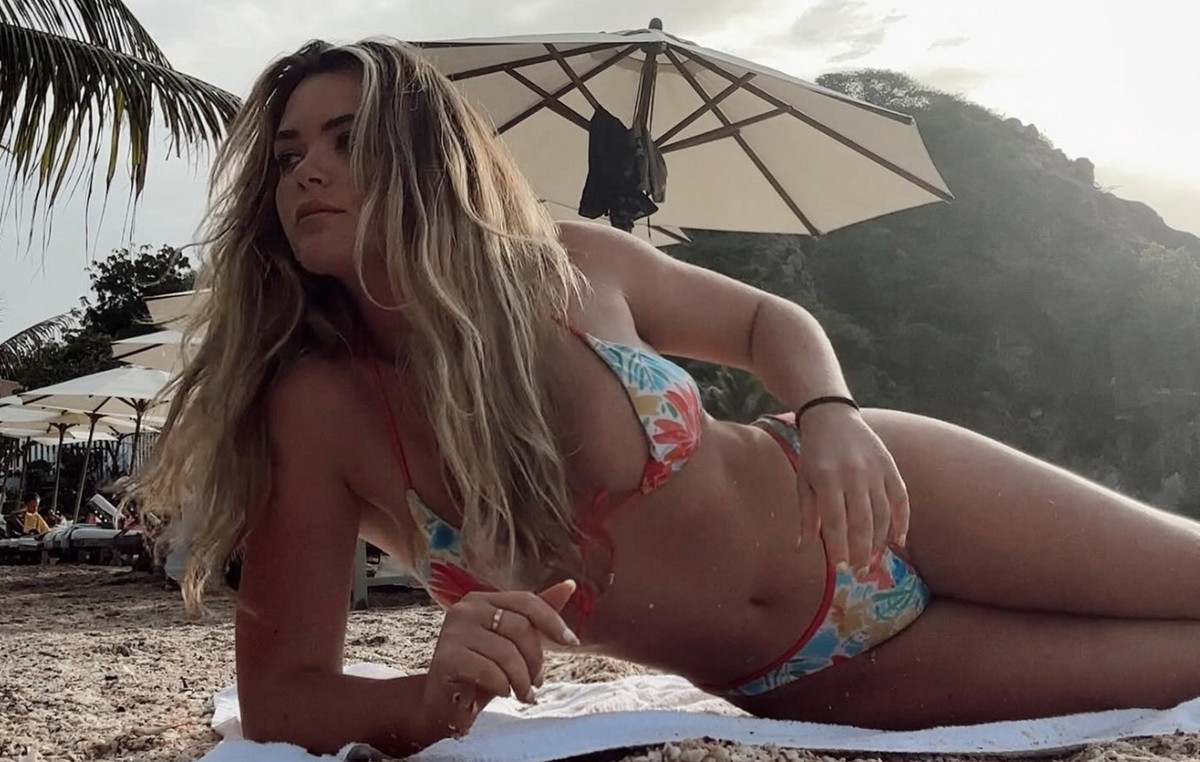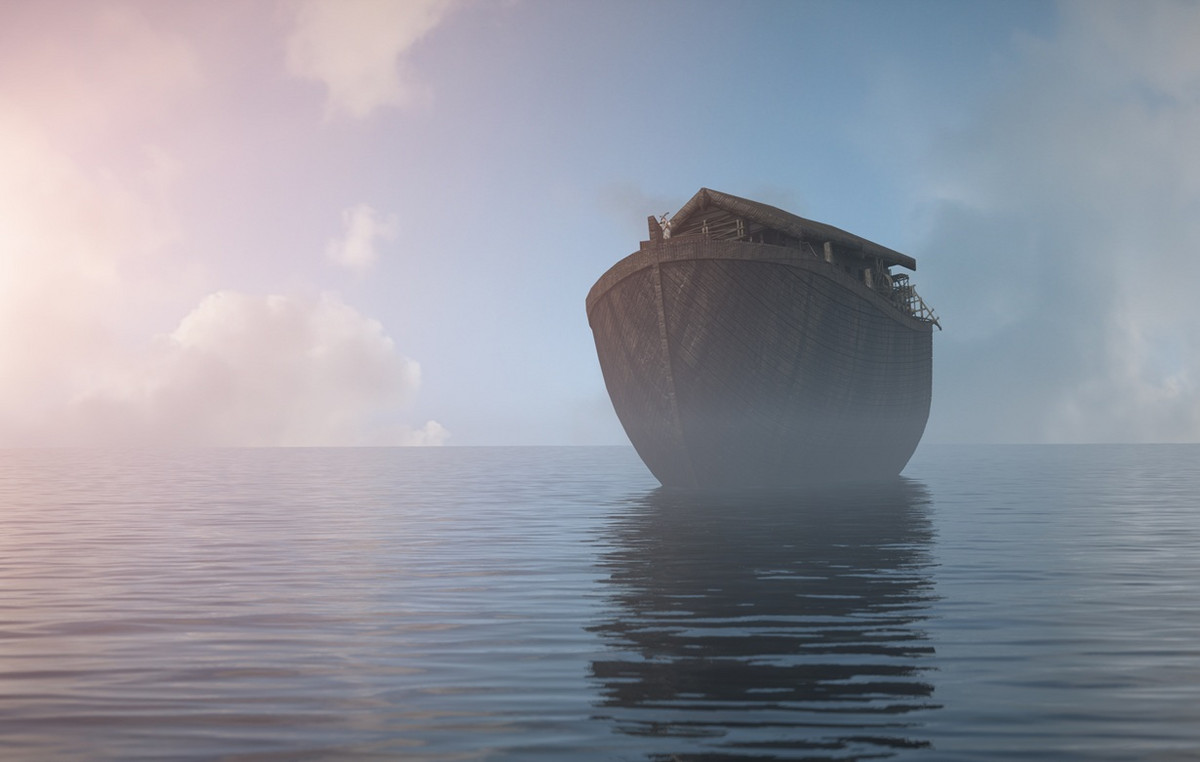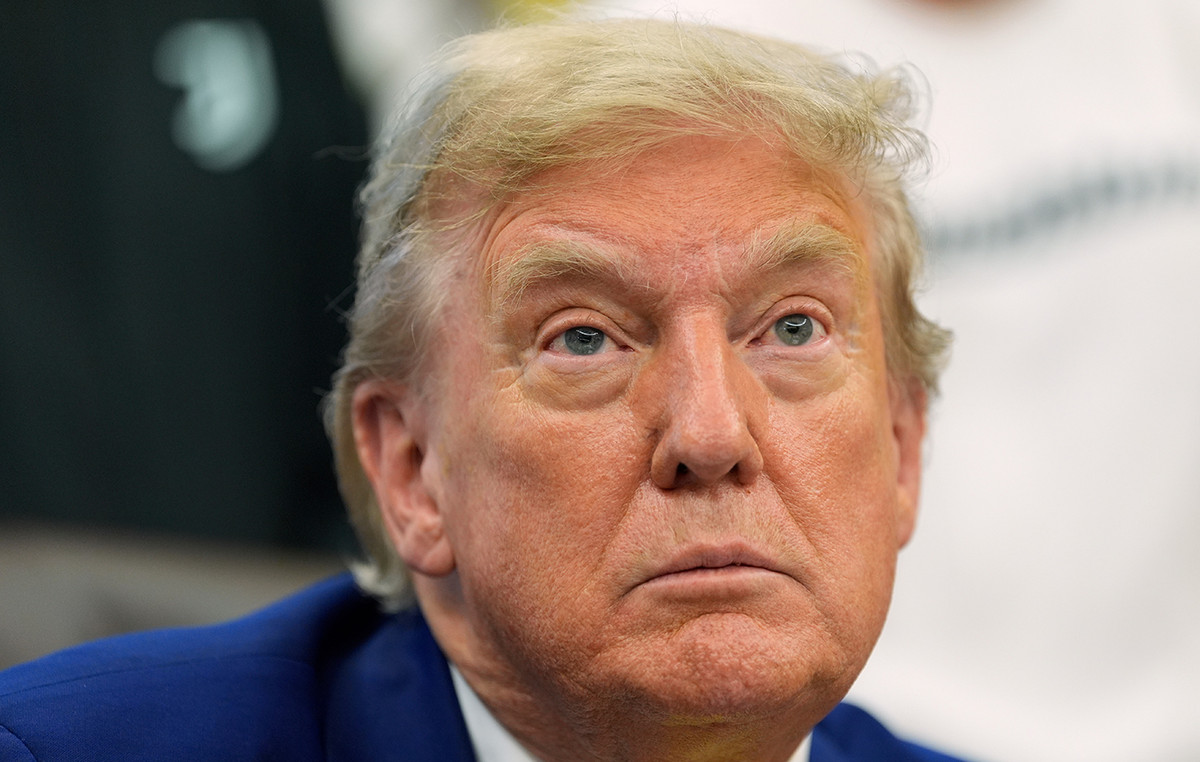Brazilian researchers have discovered chemical compounds present in sea sponges with the potential to eliminate the parasite causing malaria – even strains resistant to conventional antimallaric. The research results were released in the magazine ACS infectious disastees.
Caused by protozoa and transmitted by bites of mosquitoes of the genre AnophelesMalaria is one of the infectious diseases that kill the most in the world. According to the World Health Organization (WHO), only in 2023 there were about 600,000 victims, 75% of them children under 5 years.
The two compounds (Batzelladins F and L) newly discovered had rapid action against the parasites that cause malaria-both the Plasmodium falciparummore lethal and predominant in the African continent, as against the Plasmodium vivaxmain agent causing malaria in South America. The efficacy of the substances has been proven by testing on blood samples of patients and in infected mice.
“These are robust results that bring us hope of a new treatment. Although compounds have not completely eliminated protozoa, they can inspire the synthesis of new chemical structures with potentiated action,” says Rafael Guido, professor at the São Carlos Institute of Physics at the University of São Paulo (IFSC-USP) and co-author of the study.
The work involved multidisciplinary team from USP, the National Museum, the Federal University of São Carlos (UFSCar) and the Roraima Tropical Medicine Research Center. It was supported by FAPESP through ten projects, in addition to financing from the National Council for Scientific and Technological Development (CNPq) and the Higher Education Personnel Improvement Coordination (CAPES).
For Roberto Berlinck, professor at the São Carlos Institute of Chemistry (IQSC-USP) who also signs the paperthe finding shows the importance of Brazilian biodiversity, which is at risk.
“We do not usually relate the negative impact of climate change to the discovery of new drugs or, more specifically, to the cure of diseases. MONANCHO BROWN They live in an environment that is threatened with ocean warming. Therefore, a natural product that we are just starting the investigation can disappear, ”warns the researcher.
Similarly, Berlinck points out, climate change has favored the increase in malaria cases in the world.
Methodology
To investigate the mechanisms of action of batzelladins, the group of researchers isolated them from the other compounds of the marine sponge and characterized their chemical structure. This work was done by Anderson L. Noronha, from IQSC-USP.
The researchers noted that batzelladins act quickly and effectively already in young parasites, inhibiting their ability to multiply within the host red blood cells. According to Guido, this fast action is decisive for parasites to have a less chance to develop resistance to treatment.
“We observe that the parasite dies as soon as chemical compounds comes into contact. This is important, as molecules that kill the parasite slowly allow him to adapt and generate resistance,” explains Giovana Rossc-USP, responsible for performing blood samples and mice.
In addition to combating malaria, substances taken from sea sponges have also had antiparasitic activity against other diseases such as leishmaniasis and wounds.
“In a first look, it may seem unusual that a substance with healing potential for malaria, a disease -related disease, is present in a marine microorganism that would not need to protect itself from this pathogen. But apparent disconnection is actually commonplace in natural product prospecting studies,” says Guido.
These substances are what scientists call secondary metabolites, organic compounds that perform adaptive functions to organisms that produce or accumulate them as a defense against enemies, gender attraction, predators repulsion or physical space occupation, among others.
“Like malaria -causing agents, sea sponges are very old organisms, which have accumulated these secondary metabolites over years of evolution to ensure their success in the environment in which they find themselves, the oceans,” explains Guido.
The article Marine Guanidine Alkaloids Inhibit Malary Parasites Development in In Vitro, In Vivo and Ex Vivo Assays can be read in: https://pubs.acs.org/doi/10.1021/acsinfecdis.4C00714 .
This content was originally published in Brazilian discovery at sea can help combat malaria on CNN Brazil.
Source: CNN Brasil
I am an experienced journalist and writer with a career in the news industry. My focus is on covering Top News stories for World Stock Market, where I provide comprehensive analysis and commentary on markets around the world. I have expertise in writing both long-form articles and shorter pieces that deliver timely, relevant updates to readers.







